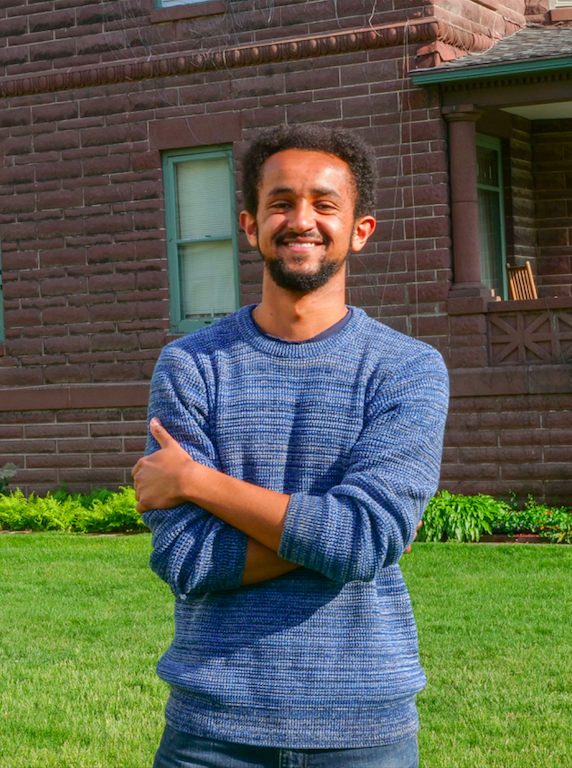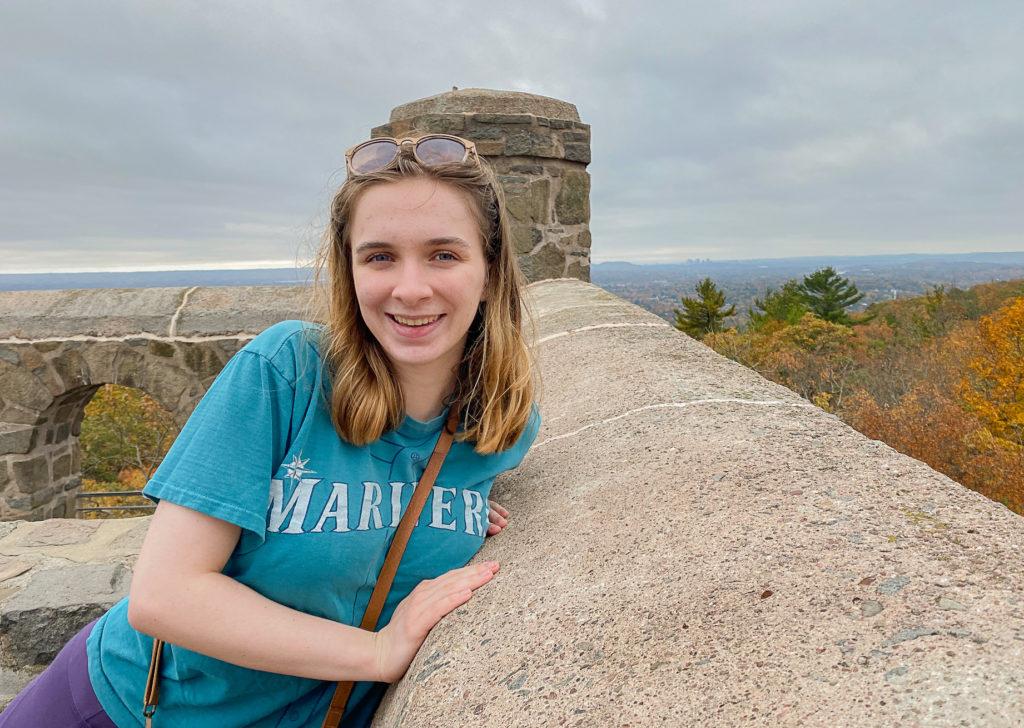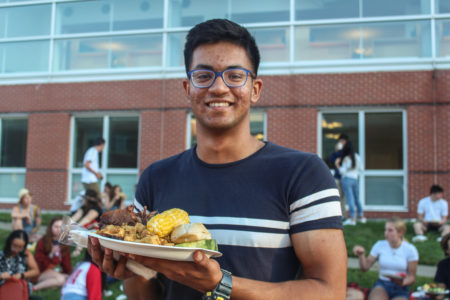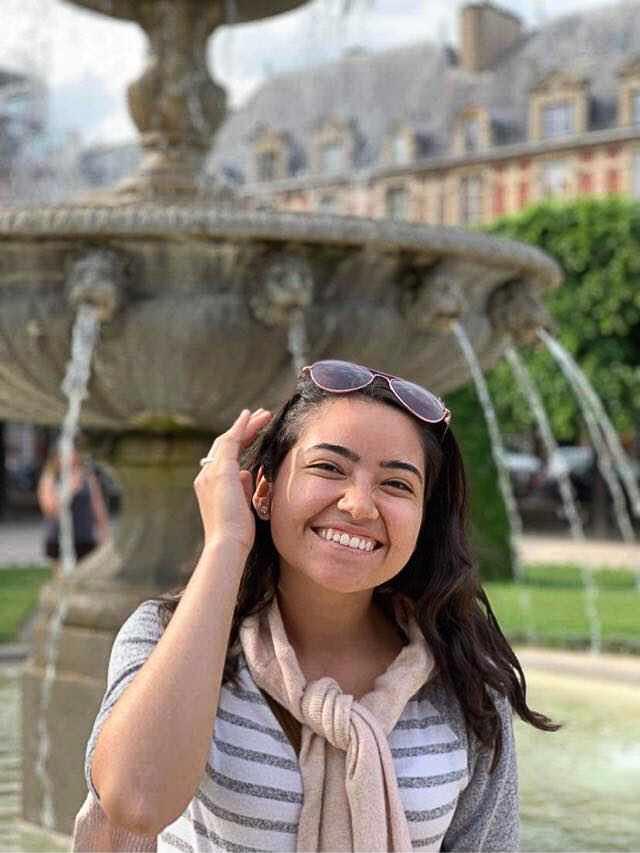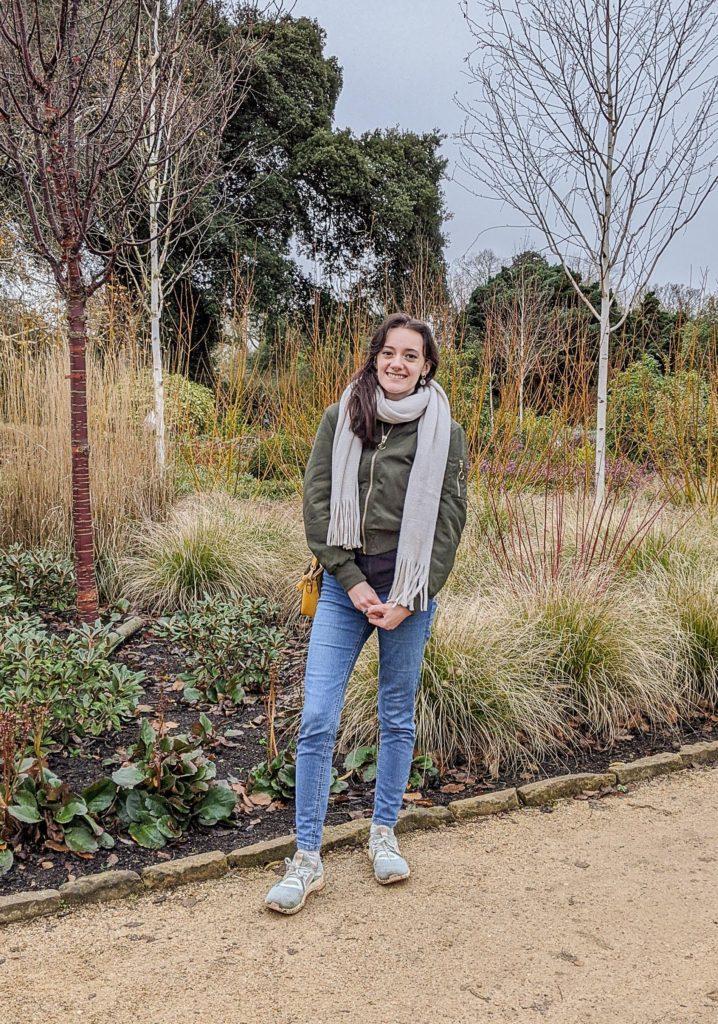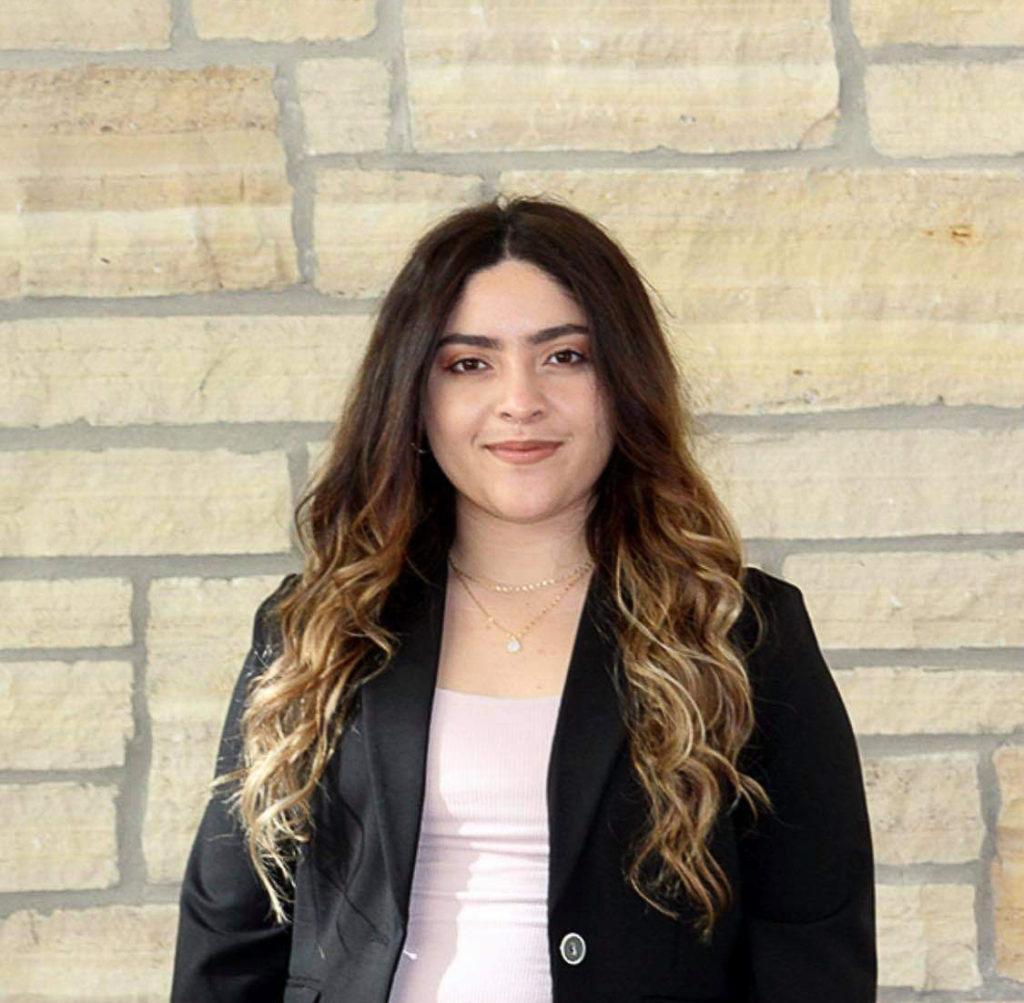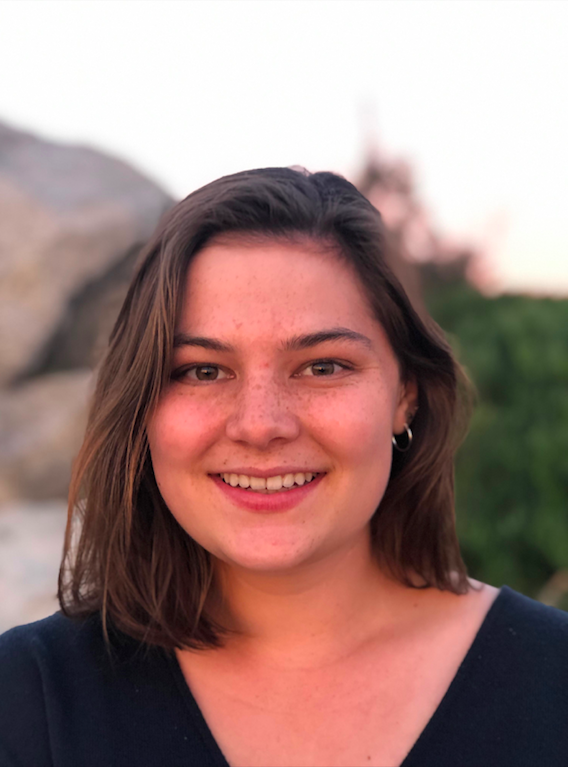Fit Getahun ’21 is no stranger to tackling roadblocks. His original intended college, Franklin & Marshall, failed to provide adequate financial aid, so he then tried to take the expected route, a specialized and shortened medical program in his hometown, Addis Ababa, Ethiopia. But Getahun realized about six months in that that path was not fulfilling, and ultimately he desired more of the research aspect of medicine. Eventually, he decided to take a gap year to travel around Ethiopia.
“I realized right before I was going to come here that I hadn’t really explored my home like that,” said Getahun.
Getahun describes Ethiopia as having very little cultural influence from other countries, having been the only African country to never be colonized. This allowed the country to intimately take care of historical sites. After backpacking for two weeks and immersing himself in culture, he says his travel sparked a desire to learn from others.
“Just talking to people about the most seemingly meaningless things but learning so much, it was one of the first times that I did something completely on my own,” said Getahun. He said felt very free as he walked around during the day and hung out at bars and restaurants at night.
During his travels, Getahun came in contact with a Grinnell alum from his high school, Daniel Matheos `XX – leading him to Grinnell College after his gap year ended. Initially, he thought he would end up majoring in biochemistry. Instead, he will be leaving with a biology degree and a concentration in neuroscience – and a surprise history degree.
Getahun said that he was originally interested in “pairing majors that seemed so different from each other – but in very specific ways, touched upon my love for researching and developing and figuring out ways to make life better for everyone.” According to Getahun, “Intersecting biology and certain aspects of neuroscience and tailoring those two, and my idea that there is so much to learn from people alone, came about when I declared a major in history. It is so slept on, the idea that so much of our future can be informed by our past.”
Before coming to Grinnell, Getahun was concerned about what his life would look like in Iowa. He figured Grinnell was going to be very conservative town with cold temperatures. And, because it was the year after Trump’s presidency, he was very concerned about racism.
But that was not Getahun’s experience.
“A lot of my expectations were not met, in the best ways,” said Getahun.
He was taken with surprise to be indoctrinated with waves from strangers in cars, in a case of what he called gradual culture shock. “The one thing I expected to happen was to get a lot of different perspectives [and] therefore expand my own perspective, and that happened more so than I could have ever expected.”
Getahun’s friend group has evolved to be a large family over the years here at Grinnell, he says. They often congregated in a cluster in D-Hall. One of the fun traditions that occurred was Zig-Zag, a proposed theory created by the group about the ebb and flow of healthy relationships. That people need a balance of separate, individual time to explore own interests – a phenomena
they nicknamed zig – and time where both people came together to be completely present and intentional in their shared time – the zag.
Getahun also spent a significant portion of time contributing to research. He participated in three Mentored Advanced Projects (MAPs) covering a wide variety of topics, including studying how fungi Aureobasidium pullulans combat stressors. Although his favorite MAP was cut short due to the COVID-19 pandemic, one of the highlights of research for him was able to go in to the lab on a flexible schedule. Having the flexibility allowed for his creativity to flow, he said.
He was also slated to go to Rome, Italy, to study abroad. But Getahun trusted his intuition to cancel his travels and stay on campus when he heard about the COVID-19 outbreak, which, he said, was the best course of action in hindsight.
He found the isolation profoundly affected him and said the experience taught him a lesson in resilience leading to a shift in focus and ultimately to his post-grad job at a biofuel research lab.
Although he believes that electric is the way of the future, Getahun said he feels there is a lack of bridging the gap between then and now. “My hope as it stands is that I have done all I can do to advance that, because the thing that we are trying to develop if it works out, has the potential to really push how we use energy to the next level,” he said.
For now, Getahun plans to work at the biofuel lab. He is also considering graduate school and other career possibilities. No matter what, he knows that flexibility and resilience will be key to his success.
“The enviable end is something that I cannot possibly hope to alter in such a significant manner,” said Getahun. “The nebulous and enviable demise is no reason to not partake and shape the current world to the best of your abilities. While there are certain things you can’t help, there are things that you can – and those things should never contradict each other.”


















































